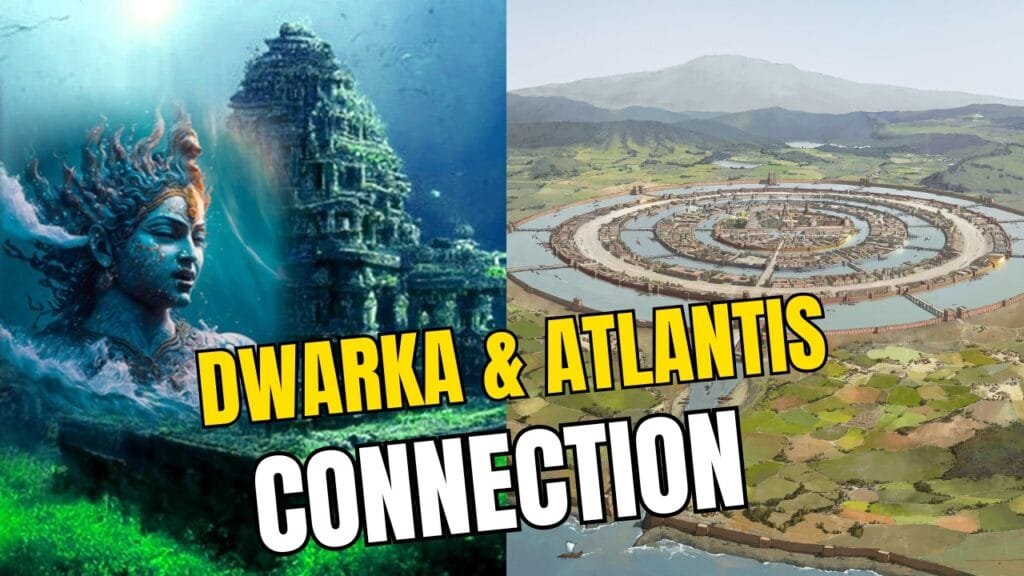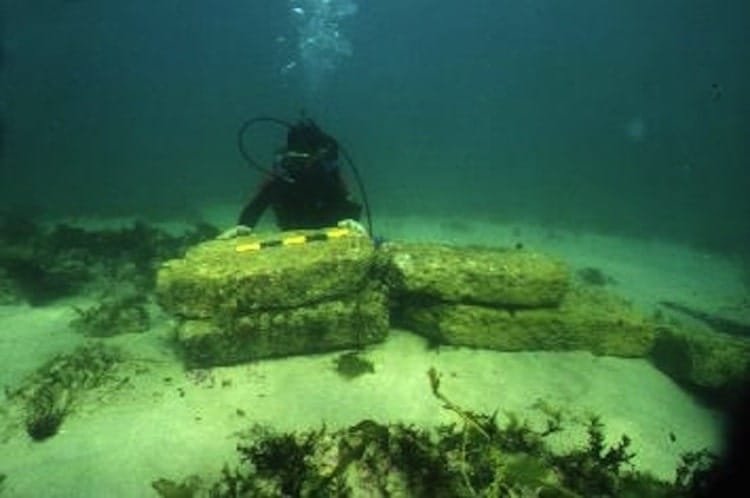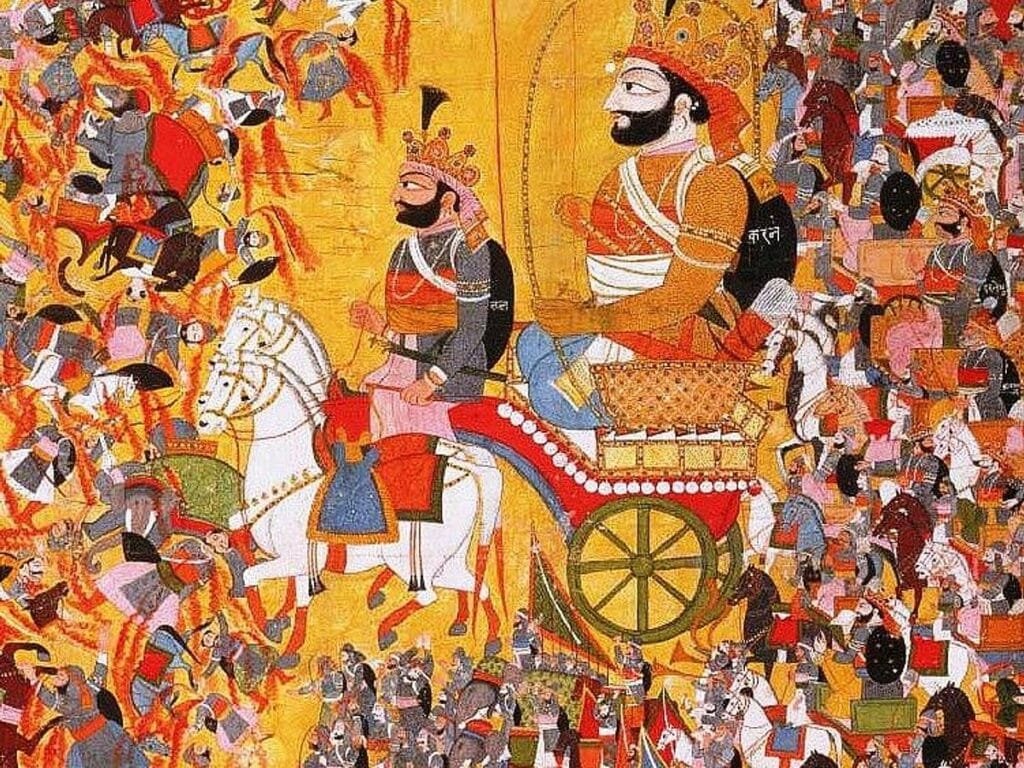listen to this Episode on the Dwarka Atlantis connection.
The lost city of Dwarka was Found?

Lately, my research has taken me to India, deep into one of the most fascinating mysteries I’ve come across —
an ancient underwater city called Dwarka.
And what I’ve found may help prove that Atlantis wasn’t just a myth… but part of our forgotten past. so heres a breakdown of the Dwarka Atlantis connection.
Imagine discovering an ancient city—underwater.
Streets, temples, walls… all hidden beneath the sea for thousands of years.
This isn’t science fiction.
It’s real.
It’s called Dwarka, and it could be the key to proving Atlantis wasn’t just a myth—but part of a forgotten chapter in human history.
In 2001, off the western coast of India, marine archaeologists scanning the Gulf of Khambhat found what looked like a lost city:

- Long straight structures
- Grid-like patterns on the seafloor
- Artifacts buried under deep layers of sediment

Some of these items, pottery, and tools —were carbon dated to 9,500 years ago.
That’s older than the pyramids.
Older than Sumer.
Older than what most historians even allow in recorded human history.
What the Mahabharata (anceint Hindu text) say about Dwarka
Hindu mythology tells of a radiant coastal city called Dwarka — a kingdom built and ruled by Lord Krishna, one of the most powerful figures in ancient Indian lore.

Ancient texts like the Mahabharata and the Harivamsa describe Dwarka in vivid detail. They don’t speak in riddles — they lay out a city of astonishing complexity:
- Wide roads and water channels
- Massive gates, gardens, and golden palaces
- Precise city planning with sectors and walls
- Buildings made of crystal, silver, and precious stones
This wasn’t a village of huts — it was a strategic, sophisticated metropolis, unlike anything we’re taught existed over 9,000 years ago.
And then — a sudden end.
The texts describe a cataclysmic flood.
Not metaphor. Not poetry.
A real, violent deluge that engulfed the entire city after Krishna left the world.
One line stands out:
“The sea advanced and engulfed the city of Dwarka… and it disappeared beneath the waves.”
Now compare that to Plato’s description of Atlantis:
- A powerful island civilization
- Advanced in engineering, politics, and warfare
- Built in a circular pattern with canals, harbors, and bridges
- And destroyed in a single night by massive floods and earthquakes
Two separate cultures.
Two ancient stories — separated by continents but bound by a theme:
A powerful, ocean-side city destroyed in a cataclysm and lost beneath the sea.
Historians long dismissed both tales as myth.
But sonar scans in the Gulf of Khambhat reveal man-made foundations, right-angled stone blocks, and even tools and pottery buried under thick layers of sediment — possibly older than any known civilization.
Divers have photographed grid-like streets and suspected temple ruins.
Researchers have pulled up hearths, beads, even human teeth.
This isn’t vague. This is hard evidence.
Dwarka once stood. It flourished. And it fell.
Just like Plato said Atlantis did.
What this means for Atlantis
If Dwarka was real — and if it’s truly over 9,500 years old then that will hold more weight that Atlantis is real.
then our entire understanding of human history needs a rewrite.
Civilizations didn’t begin in Sumer or Egypt.
They may have begun long before — and many may have vanished beneath rising seas during the last Ice Age melt-off.
Atlantis may not have been unique.
It may have been one of many.
Have your Say on the matter
So what do you think about the Dwarka Atlantis connection idea?
Could Dwarka be the missing piece in the Atlantis puzzle?
Are we finally uncovering the truth behind ancient myths?
🔔 If this story made you question everything — there’s more.
Subscribe to the YouTube channel for deep dives into lost civilizations and hidden history:
youtube.com/@4biddntruth
🧵 Want more daily drops and threads like this?
Follow the main page on X:
x.com/4biddntruth
📜 And for updates directly from me — follow my personal account:
x.com/4gottenHist
💻 Read the full blog, explore more forgotten history, and sign up for the newsletter at:
forgotten-histories.com
This is just the beginning.
The past isn’t lost — it’s just waiting to be remembered.
Pingback: Dwarka Underwater City: The Depth Problem.
Pingback: Dwarka’s Depth problem that links it to Atlantis
Pingback: The Lost City of Atlantis: Uncovering the Truth Behind the Mystery
Pingback: Dwarka a 9500 Year Old Underwater city to be excavated 2025?